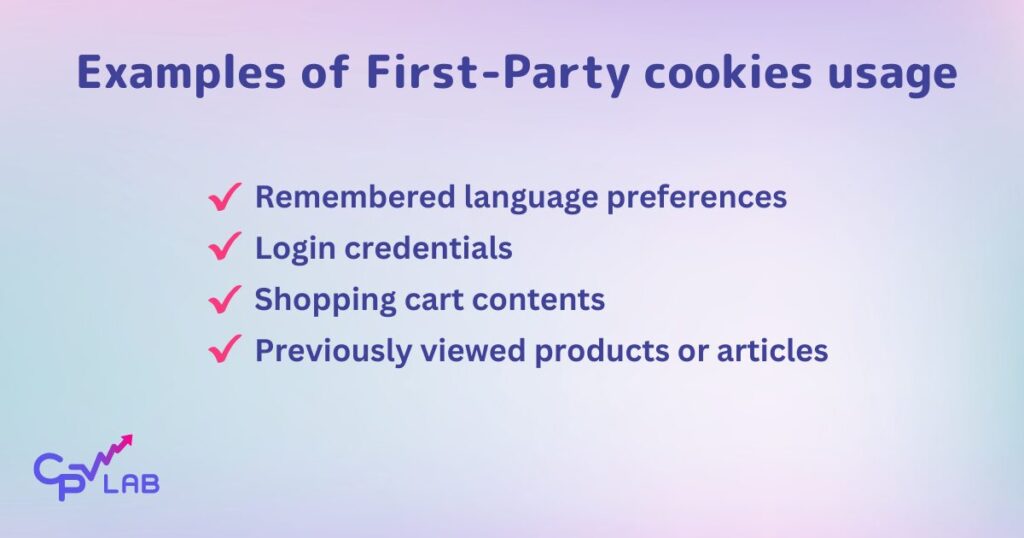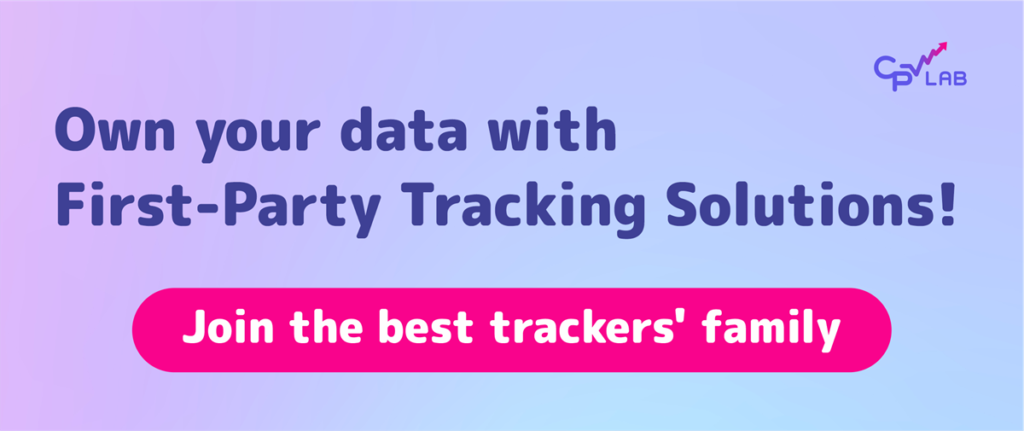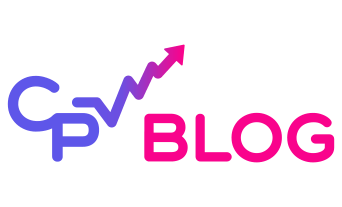Major browsers have almost finished the phase-out of third-party cookies in response to rising privacy demands.
Google Chrome, which holds the largest browser market share, began its depreciation process in 2024, marking a significant shift toward first-party cookies in online advertising and tracking practices.
Google’s decision to deprecate third-party cookies in 2024 has several key motivations, all centered around protecting user privacy and fostering a more balanced digital ecosystem:
Privacy Concerns:
- Third-party cookies enable extensive user tracking across the web: These cookies allow companies to build detailed user behavior profiles across different websites, often without their knowledge or consent. This raises concerns about data privacy and the potential for misuse of personal information.
- Growing regulatory pressure: Regulatory bodies worldwide are taking action to protect user privacy. Google’s move aligns with these regulations, such as the GDPR in Europe and the CCPA in California.
Building a fairer ecosystem:
- Leveling the playing field for smaller businesses: Third-party cookies give large companies with vast data resources an advantage in online advertising. Deprecating them creates a more level playing field for smaller businesses to compete for advertising space.
- Promoting innovation in ad tech: The cookie-based advertising model is considered outdated and restrictive. Moving away from it encourages the development of new, privacy-friendly technologies for targeted advertising.
Transparency and user control:
- Users lack control over third-party data collection: With third-party cookies, users often have limited knowledge and control over how their data is collected and used by different companies. Deprecating them empowers users to make informed choices about their data privacy.
- Promoting awareness and transparency: This shift aims to increase user awareness about data collection practices and make online advertising more transparent.
It’s important to note:
- Google is not eliminating all cookies. First-party cookies, which websites use to store user data within their own domain, will still be used.
- Google proposes alternative solutions like “Privacy Sandbox” initiatives that aim to achieve targeted advertising without compromising user privacy.
The deprecation of third-party cookies is a significant change in the digital landscape, and its long-term impact is still unfolding. However, it marks a step towards a more privacy-conscious online environment and a fairer competitive ground for the digital advertising industry.
Various examples of first-party cookies and their uses:

Personalization:
- Remembered language preferences: Websites often use cookies to store your preferred language setting, so you don’t have to choose it again on every visit.
- Login credentials: When you log in to a website, a cookie is typically used to keep you logged in until you manually log out.
- Shopping cart contents: Online stores use cookies to remember the items you’ve added to your cart, even if you close your browser and return later.
- Previously viewed products/articles: Some websites use cookies to track which products or articles you’ve looked at so they can recommend similar ones or show you related content.
Analytics and functionality:
- Session tracking: Cookies help websites track your movements across different pages during a single visit, allowing them to understand user flow and optimize the website experience.
- A/B testing: Websites sometimes use cookies to track which version of a webpage you saw during an A/B test, helping them gather data on user behavior and preferences.
- Error reporting: Cookies can identify and report technical errors that a user encounters on a website.
- Security measures: Certain cookies are essential for implementing two-factor authentication or preventing fraudulent activity.
To Conclude:
- First-party cookies are those that the website you visit creates and controls instead of third-party cookies from other domains.
- They offer benefits for website owners and users, ensuring they are used ethically and fully transparent regarding data collection and usage is crucial.
- Users should always have control over their cookie settings and be able to opt-out if they wish.

Understanding how First-Party cookies work
Let’s understand how exactly first-party cookies work when we think about digital marketing campaigns.
- Data Storage: when you visit a website, it can send a small file called a cookie to your browser. This file stores information specific to your visit, like your language preference, login details, or items in your shopping cart.
- Website Recognition: when you return to the same website, the browser sends the cookie back, allowing the website to recognize you and tailor your experience accordingly.
- Limited Scope: First-party cookies can only track your activity on the specific website that created them. They cannot track you across different websites or domains.
Focus on Ethical Approaches:
- Transparency: websites should clearly communicate what data they collect through cookies and how it’s used. Users should have easy access to this information and manage their cookie preferences.
- First-Party Data Strategy: businesses can focus on collecting and analyzing first-party data (information users willingly provide) to gain valuable insights and personalize experiences ethically.
- Contextual Targeting: this approach involves targeting ads based on the content of a webpage rather than individual users, offering a privacy-conscious alternative.
First-party cookies can only track your activity on the specific website that created them. They cannot track you across different websites or domains.
Respecting user privacy and adhering to ethical guidelines is critical for responsible website development and data collection. By focusing on transparent and user-centric practices, websites can still achieve their goals without compromising privacy.
CPV One and CPV Lab – The best solution for first-party cookies
CPV One and CPV Lab ad tracking tools emerge as comprehensive solutions for tracking and analyzing marketing campaigns, particularly in the context of shifting towards first-party data utilization amidst the depreciation of third-party cookies.
CPV One and CPV Lab Pro offer a wide array of features designed to cater to the needs of affiliates, media buyers, and small to medium enterprises (SMEs) by providing detailed tracking capabilities, including
- multiple tracking modes ( e.g., Direct Tracking, 302, Meta Refresh)
- offline conversion tracking,
- Postback/Server-to-Server (S2S) tracking,
- bot and proxy detection, and
- integration with 200+ major traffic sources and affiliate networks.
These features highlight CPV One and CPV Lab’s versatility in handling various marketing requirements and their ability to adapt to privacy-focused tracking methods.
In contrast to third-party cookies, first-party cookies are crucial for enhancing the user experience on websites by remembering user preferences and supporting essential site functionalities.
First-party cookies are increasingly important for advertisers and publishers as they offer a more privacy-compliant method of gathering user data.
In retargeting campaigns, first-party data allows advertisers to understand user interaction with an e-commerce site, helping to tailor ads based on users’ interests and behaviors without infringing on their privacy.
This approach helps maintain relevance and effectiveness in advertising while navigating the constraints posed by the loss of third-party cookies.
First-party cookies also support branding campaigns by allowing advertisers to utilize publisher data to create interest groups for targeted advertising, thereby offering an alternative to the broad tracking capabilities of third-party cookies.
We can conclude that leveraging first-party cookies and platforms like CPV One and CPV Lab becomes essential for marketers aiming to adapt to new changes while maintaining effective and compliant advertising strategies.
CPV One and CPV Lab and your marketing strategies underscore the shift towards a more privacy-conscious approach in digital advertising, emphasizing the importance of first-party data in sustaining personalized marketing efforts in a post-third-party cookie world.
Start your 14-day free trial with one of the best tracking solutions online.


Author: Elizabeta Kuzevska
Elizabeta is a certified Digital marketer with 15+ years of experience and she creates educational content for CPV Lab and CPV One, helping affiliate marketers and media buyers navigate the ever-changing performance marketing landscape. She is also Co-Founder of Revenue Experts AI, building AI Revenue Intelligence Systems powered by 100+ specialized agents. Her methodology integrates multi-agent architectures with human expertise to transform how B2B companies generate revenue.




